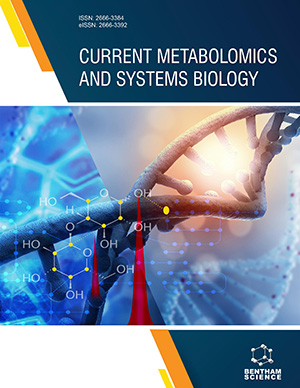Abstract
Diagnosis of COVID-19 is supremely valuable in unraveling the complex dynamics involved in SARS-CoV-2 infection and in vaccine development. With an extremely high transmission rate, and initial symptoms similar to other human respiratory viruses, there has been a tremendous urge to develop and supply accurate and rapid procedures for testing the presence of SARS-CoV-2 in a plethora of patient specimens. Scientific and healthcare communities globally have been racing to develop critically needed test kits and ensure ample supply worldwide. Containing the spread of COVID-19 poses multiple challenges, including being able to correctly identify asymptomatic viral carriers that result in the silent spread of the virus, and diagnosing the infection at early stages. Current strategies employ molecular and serological testing techniques in lower and upper respiratory tract samples. The first type detects the presence of viral genetic material and can diagnose an active COVID-19 infection, whereas serological immunoassays detect viral antibodies, which can help identify individuals who have developed an adaptive immune response to the virus, as part of an active or prior infection. The newly authorized antigen tests are designed for the rapid detection of viral antigenic proteins. More elaborative diagnostic testing based on viral genomic sequencing can determine the rate and degree of mutational variability associated with SARS-CoV-2 and identifying newly emerging viral strains for more effective vaccine development. The chapter also highlights the role of rapid, easy-to use point-of-care diagnostic tests in alleviating the challenge posed by the strain on the healthcare system and mitigating the cost of care for both individuals and the government.
Keywords: Antibody, Antigen, Biomarker, Biosensor, Chest CT, COVID-19, CRISPR, Cytokine, Detection, Diagnosis, ELISA, Hematological analysis, Immunoassay, Isothermal amplification, Microarray, POC tests, RT-PCR, SARSCoV- 2, Serology, Viral RNA.






















